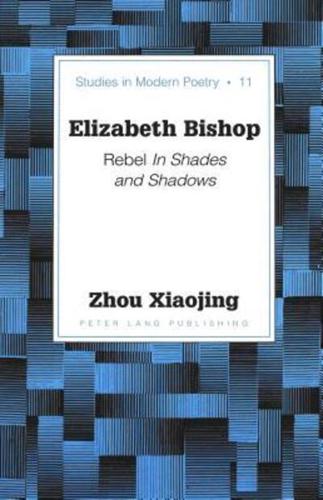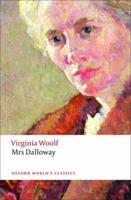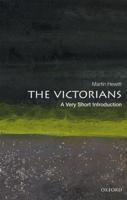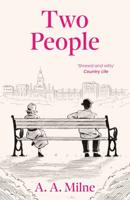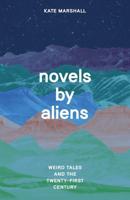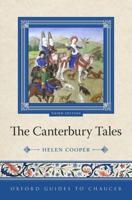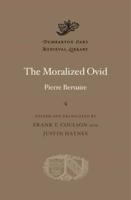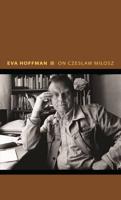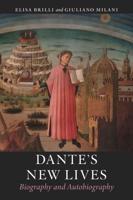Publisher's Synopsis
Elizabeth Bishop, one of the most admired American poets of the twentieth century, occupies a unique place in American poetry. Bishop's poems have inspired poets of various schools and intrigued critics, who find her work difficult to categorize. This study explores the theoretical grounds and enabling conditions for Bishop's distinct poetry, drawing from Mikhail Bakhtin's dialogism and Bishop's own artistic theories elaborated in her prose, notebooks, and letters. Focusing on Bishop's continuous efforts to test the limits of poetic forms, it sheds new light on the artistic merits and significance of Bishop's oeuvre.
